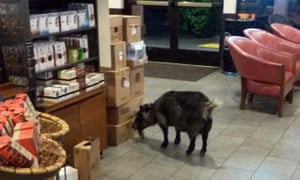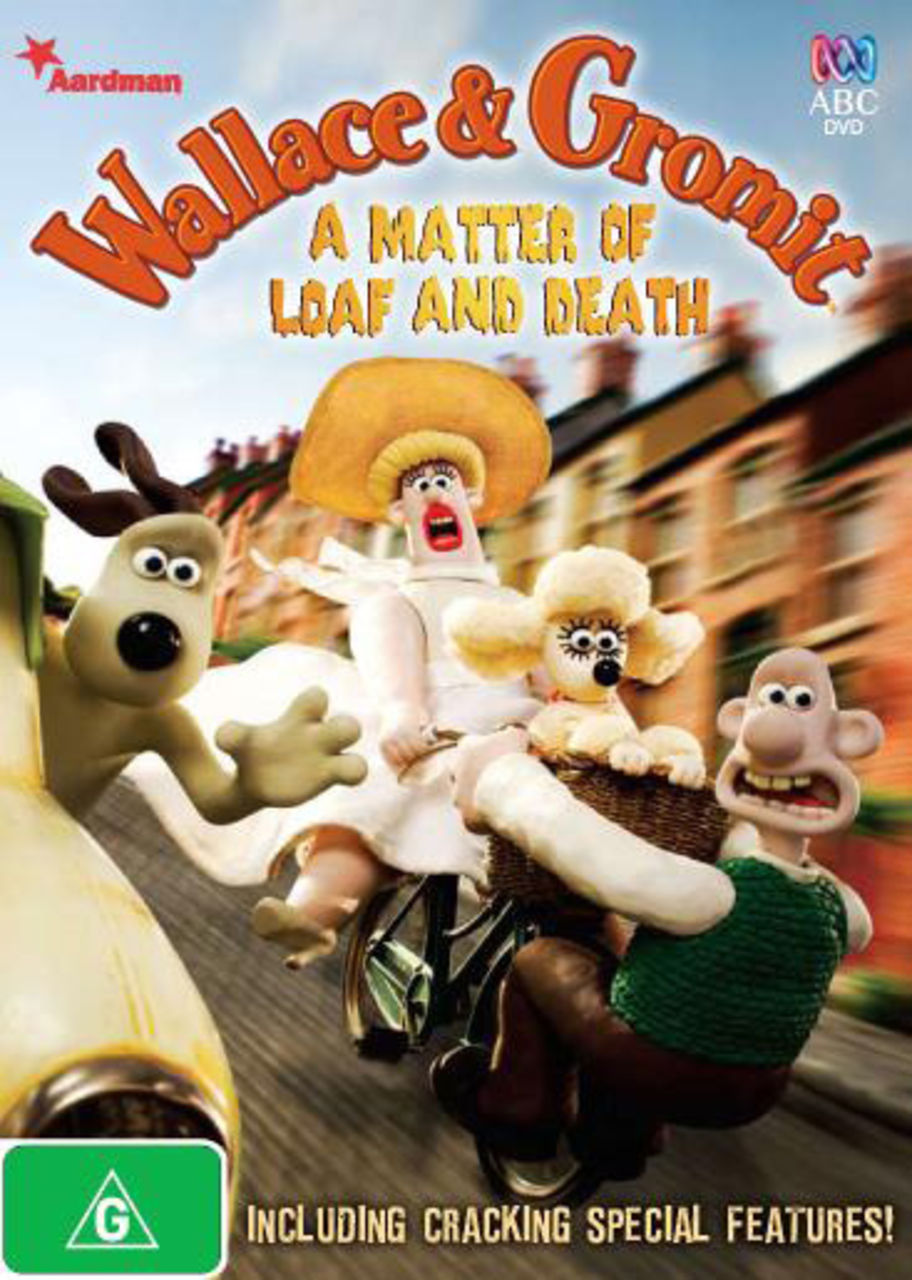Why is Darth Vader in this photo? Why with May the 4th?
Pestañas
Thursday 28 April 2016
High school quiz may 1st- may 6th
Tuesday 26 April 2016
Postcrossing. The postcards arrive!
Sunday 24 April 2016
High school quiz 25th april- 1st may
With spring oficially here and the Queen turning 90, the task this week is to translate the following proverbs and idioms:
Friday 15 April 2016
High School Quiz 18th-24h April
It is Shakespeare time!
To commemorate the 23rd of April, here are some questions:
What do these words have in common? Find the meaning as well.
Eyeball.
Cold-blooded.
Hot-blooded.
Addiction.
Belongings.
Fashionable.
Inaudible.
Ladybird.
Manager.
Uncomfortable.
Bloodstained.
Laughable.
Outbreak.
Dawn.
Moonbeam.
Torture.
Lonely.
Unreal.
COMPLETE THE SHAKESPEARE QUOTES.
Here are some famous quotes from Shakespeare. Can you match the two halves to make the quote?
1. All the world’s a stage
|
a) nor a lender be.
|
2. Love is blind
|
b) that is the question.
|
3. Neither a borrower
|
c) what’s done is done.
|
4. Good night! Good night! Parting is such sweet sorrow
|
d) and all the men and women are merely players.
|
5. To be, or not to be:
|
e) wherefore art thou Romeo?
|
6. Things without remedy should be without regard;
|
f) never did run smooth.
|
7. The course of true love
|
g) and lovers cannot see.
|
8. O Romeo, Romeo!
|
Monday 11 April 2016
A funny piece of news
Rogue ruminant, that lives close to the northern California cafe, chewed on a box in Starbucks before being reunited with its owner

Staff at a Starbucks in northern California got a surprise on Sunday when an unusual customer wandered in to the cafe first thing in the morning.
Rohnert Park police sergeant Rick Bates said dispatchers received several calls about a goat named Millie wandering around a strip mall on the city’s eastern edge.
Bates said the herbivore may have entered Starbucks in search of a caffeine hit.
He said employees, who were opening the cafe at the time, tried to give Millie a banana, but it kept walking into the coffee shop and started chewing on a box.
Bates took the goat into custody and brought it to the animal shelter — but not before snapping photos of it sniffing around the Starbucks and posting them on the police department’s Facebook page.
He said word spread to Millie’s owner, and the animal made it home.
Millie didn’t travel far; she lives around the corner from the mall.
Rohnert Park is about 80km (50m) north of San Francisco.
http://www.theguardian.com/business/2016/apr/11/mines-a-laaaaaaaaatte-wayward-goat-wanders-into-starbucks?CMP=share_btn_fb#_=_
Saturday 9 April 2016
Postcrossing
We started a wonderful experience a couple of weeks ago. We had to write postcards so we decided to write real ones. There is a lovely web called www.postcrossing.com in which you can register and exchange postcards with people from all over the world. 3º A has sent one, and 3ºD, an amazing number of SIX! Congratulations to those who brought the cards along and wrote them.
And now, the good news. The first ne has arrived!
Here is the message the family from the Netherlands has left us and the photos of the cards we have sent. Congratulations!
And now, the good news. The first ne has arrived!
Here is the message the family from the Netherlands has left us and the photos of the cards we have sent. Congratulations!
High school quiz 11th- 17th April
Hello, students! A few questions this week, as many relevant events took place in a week like this.
First one: have a look at this cruise ship. What is its name? Where did his first and last journey start from? What happenned to it? What day and year?
Second question: On April 17th Ellis Island family day is remembered.
Have fun investigating
Labels:
Ellis Island,
High school quiz,
high school trivia,
Quiz,
Titanic
Wednesday 6 April 2016
Relative clauses
https://www.ego4u.com/en/cram-up/grammar/relative-clauses
How to Form Relative Clauses
Relative Pronouns
Subject Pronoun or Object Pronoun?
Relative Adverbs
➡️ How to use them and when they can be omitted:
We use relative clauses to give additional information about something without starting another sentence. By combining sentences with a relative clause, your text becomes more fluent and you can avoid repeating certain words.
How to Form Relative Clauses 
Imagine, a girl is talking to Tom. You want to know who she is and ask a friend whether he knows her. You could say:
A girl is talking to Tom. Do you know the girl?
That sounds rather complicated, doesn't it? It would be easier with a relative clause: you put both pieces of information into one sentence. Start with the most important thing – you want to know who the girl is.
Do you know the girl …
As your friend cannot know which girl you are talking about, you need to put in the additional information – the girl is talking to Tom. Use „the girl“ only in the first part of the sentence, in the second part replace it with the relative pronoun (for people, use the relative pronoun „who“). So the final sentence is:
Do you know the girl who is talking to Tom?
Relative Pronouns 
| relative pronoun | use | example |
|---|---|---|
| who | subject or object pronoun for people | I told you about the woman wholives next door. |
| which | subject or object pronoun for animals and things | Do you see the cat which is lying on the roof? |
| which | referring to a whole sentence | He couldn’t read which surprised me. |
| whose | possession for people animals and things | Do you know the boy whosemother is a nurse? |
| whom | object pronoun for people, especially in non-defining relative clauses (in defining relative clauses we colloquially prefer who) | I was invited by the professor whom I met at the conference. |
| that | subject or object pronoun for people, animals and things in defining relative clauses (who or which are also possible) | I don’t like the table that stands in the kitchen. |
Subject Pronoun or Object Pronoun? 
Subject and object pronouns cannot be distinguished by their forms - who, which, that are used for subject and object pronouns. You can, however, distinguish them as follows:
If the relative pronoun is followed by a verb, the relative pronoun is a subject pronoun. Subject pronouns must always be used.
the apple which is lying on the table
If the relative pronoun is not followed by a verb (but by a noun or pronoun), the relative pronoun is an object pronoun. Object pronouns can be dropped in defining relative clauses, which are then called Contact Clauses.
the apple (which) George lay on the table
Relative Adverbs 
A relative adverb can be used instead of a relative pronoun plus preposition. This often makes the sentence easier to understand.
This is the shop in which I bought my bike.
→ This is the shop where I bought my bike.
→ This is the shop where I bought my bike.
| relative adverb | meaning | use | example |
|---|---|---|---|
| when | in/on which | refers to a time expression | the day when we met him |
| where | in/at which | refers to a place | the place where we met him |
| why | for which | refers to a reason | the reason why we met him |
Relative adverbs
Defining Relative Clauses
Non-Defining Relative Clauses
How to Shorten Relative Clauses?
Do you see the cat which is lying on the roof? – Do you see the cat lying on the roof?
Defining Relative Clauses 
Defining relative clauses (also called identifying relative clauses or restrictive relative clauses) give detailed information defining a general term or expression. Defining relative clauses are not put in commas.
Imagine, Tom is in a room with five girls. One girl is talking to Tom and you ask somebody whether he knows this girl. Here the relative clause defines which of the five girls you mean.
Do you know the girl who is talking to Tom?
Defining relative clauses are often used in definitions.
A seaman is someone who works on a ship.
Object pronouns in defining relative clauses can be dropped. (Sentences with a relative clause without the relative pronoun are called Contact Clauses.)
The boy (who/whom) we met yesterday is very nice.
Non-Defining Relative Clauses 
Non-defining relative clauses (also called non-identifying relative clauses or non-restrictive relative clauses) give additional information on something, but do not define it. Non-defining
relative clauses are put in commas.
relative clauses are put in commas.
Imagine, Tom is in a room with only one girl. The two are talking to each other and you ask somebody whether he knows this girl. Here the relative clause is non-defining because in this situation it is obvious which girl you mean.
Do you know the girl, who is talking to Tom?
Note: In non-defining relative clauses, who/which may not be replaced with that.
Object pronouns in non-defining relative clauses must be used.
Jim, who/whom we met yesterday, is very nice.
How to Shorten Relative Clauses? 
Relative clauses with who, which, that as subject pronoun can be replaced with a participle. This makes the sentence shorter and easier to understand.
I told you about the woman who lives next door. – I told you about the woman living next door.
Do you see the cat which is lying on the roof? – Do you see the cat lying on the roof?
Monday 4 April 2016
Friday 1 April 2016
High School Quiz 1st April
Hello! Now, this is something important. The authorities have told us that school this year will finish on July 15th.
We have started a petition for them to change it, as it is too hot then.
Follow the link and tell me when you've done it.
Petition for school holidays
Now, after the prank, watch the video and tell me what is the funniest one and why.
Best pranks 2016
We have started a petition for them to change it, as it is too hot then.
Follow the link and tell me when you've done it.
Petition for school holidays
Now, after the prank, watch the video and tell me what is the funniest one and why.
Best pranks 2016
Subscribe to:
Posts (Atom)










